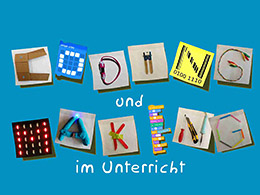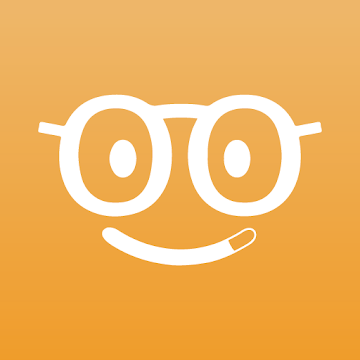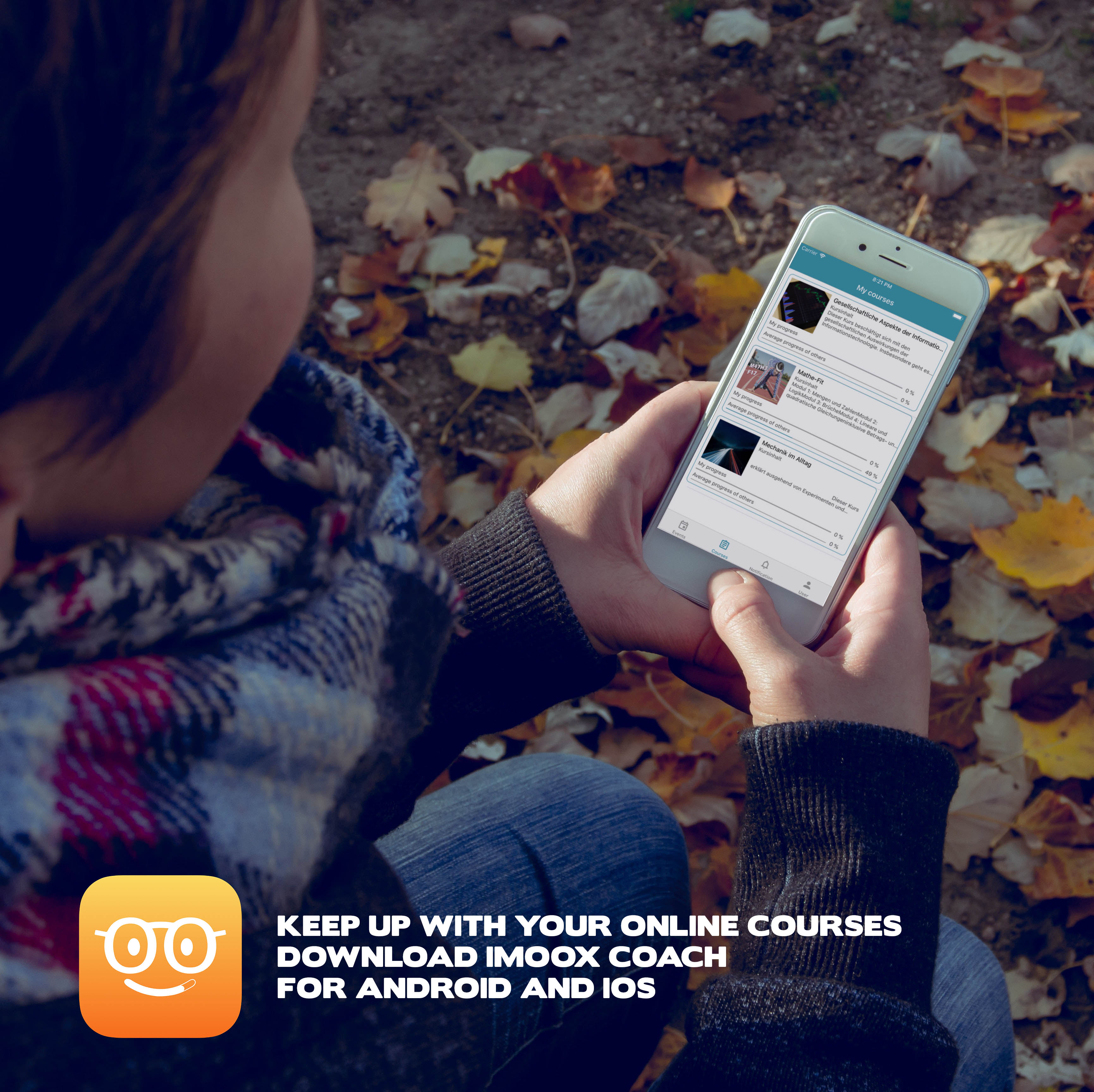Our publication about „A Pedagogical Framework for Mixed Reality in Classrooms based on a Literature Review“ at this year ED-Media conference in Amsterdam is online available:
Virtual reality devices are not an invention of the previous years. In fact, those are applicable since the 60s and therefore many scholars have elaborated in the potential of virtual reality as a learning platform. There are many diverse ways to integrate these techniques into the classroom. Affordable devices in combination with concepts like making legitimate the usage for learning. Pedagogical motivation factors like collaborations and gamification amply justify the usage of modern VR technologies as a learning platform. A variety of application have been used already in classrooms but in higher education, there is a need to catch up. Those examples have been divided by the way they make use of virtual systems and how they provide supervision. This literature review describes the functional classification of virtual reality, how it typically applies to learning and how it represents the key features for a didactically valuable usage. As a result of the literature research, a framework for the use of mixed reality in education has been developed allowing to spot new capabilities for the implementation of future VR or AR applications. This paper will also clarify the proper direction of development and the potential impact on future educational domains.
Reference: Kommetter, C. & Ebner, M. (2019). A Pedagogical Framework for Mixed Reality in Classrooms based on a Literature Review. In J. Theo Bastiaens (Ed.), Proceedings of EdMedia + Innovate Learning (pp. 901-911). Amsterdam, Netherlands: Association for the Advancement of Computing in Education (AACE)




